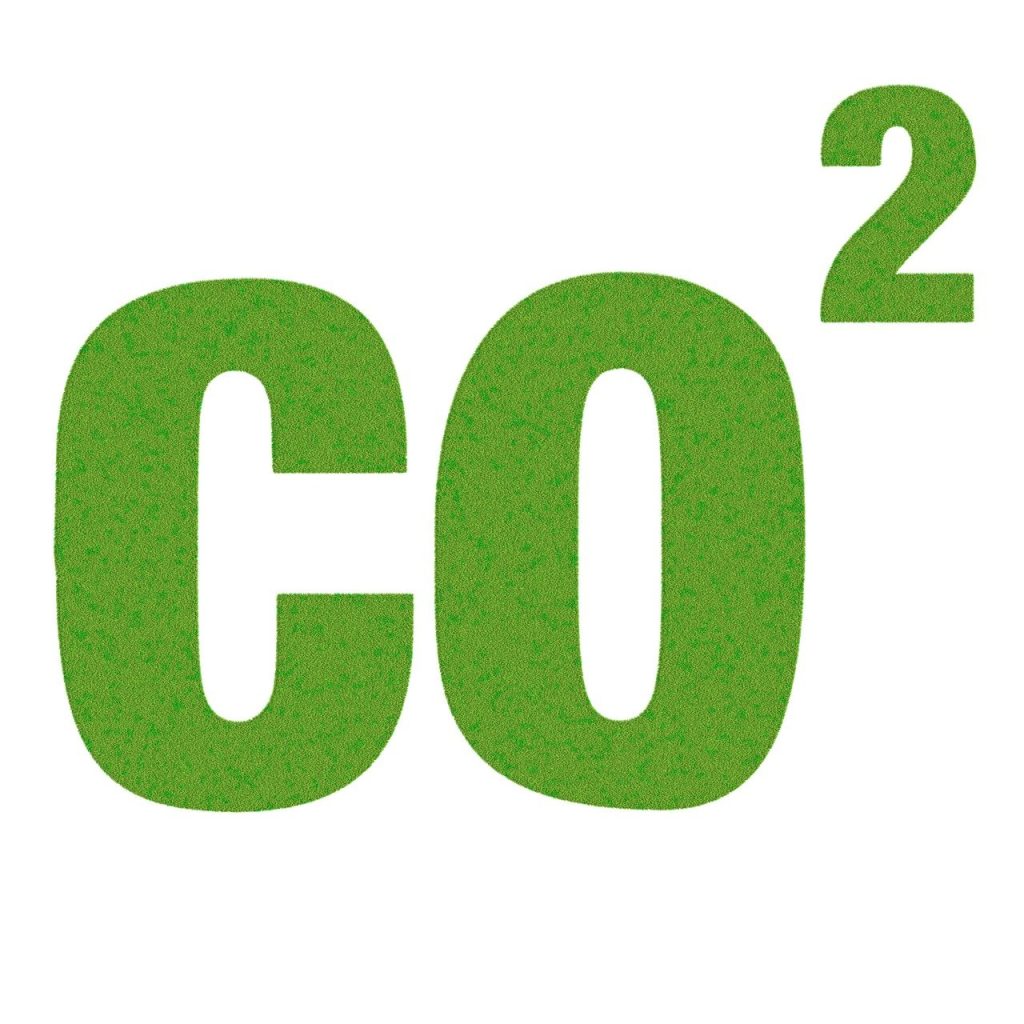
People all across the world are now apprehensive about greenhouse gas emissions. The impacts of global warming brought on by greenhouse gas emissions are currently being tackled.
Whether you are aware of the GHG protocol or not, minimizing GHG emissions without monitoring requirements is meaningless. The CDP and other international ESG frameworks for carbon accounting make considerable use of the legislation for greenhouse gas emissions. It currently offers more broadly recognized criteria for assessing and disclosing harmful carbon emissions.
Methods to Reduce the Level of Greenhouse Gase Emissions
Reducing greenhouse gas emissions to the atmosphere is extremely important. To get sustainable results, there are two ideal ways to do it. People can either, stop releasing them into the atmosphere or increase the ability of the Earth to remove them. There must be a plan to minimize climate change and counteract global warming. This requires a lot of coordinated actions. Many of these tactics are currently being used all over the world.
Minimizing Energy Usage
Gaseous or coal based power reduction is actually a possibility. It’s necessary to try to do this to improve the current atmosphere pollution crisis. Increase your house’s insulation, switch to LED lights, and regulate the temperature based on the season, especially when no one is home. These are all basic techniques for decreasing your energy consumption. New air conditioning systems utilizing non-warming refrigerants, high temperature resistant glass, and weak-flow plumbing fixtures are all contributing to increased building energy efficiency. To translate their actions into quantitative inventory of CO2 and other GHG emissions data, governments, communities, and corporations leverage their ideas and organizations.
More Vegan-Friendly Diets
A vegan diet minimizes the quantity of greenhouse gases discharged into the climate. Agriculture contributes approximately a fifth of the carbon emissions in the atmosphere. Plant-rich diets produce fewer greenhouse gas emissions.
Reduce Transportation Using Fossil Fuels As Fuel
Petroleum, diesel, aviation fuel, gasoline, etc, are some of the major causes of greenhouse gas emissions. Their production, usage, and even conversion cause many carbon-based gases to escape into the atmosphere.
Although companies attempt to use converters to reduce this, fossil fuels still make up the majority of the fuels we use for transportation today. This means that the use of heavy-duty equipment and vehicles, such as backup generators, cranes, and compactors, still contributes to global warming. You may minimize road congestion and the emissions of greenhouse gases into the atmosphere by taking the bus, carpooling, cycling, and walking more regularly. You may go without needing any gasoline by utilizing electric bicycles.
Decrease Industrial Emissions
Phones, cars, soap, and other basic things we purchase are actually major contributors to global warming. To decrease industrial emissions, industries can use materials that aren’t derivatives of carbon-emitting fuels, such as nuclear energy, hydropower, etc. Furthermore, policies can be implemented to hold industries accountable for their excess carbon pollution.
Getting Carbon Dioxide Out of the Air
One of the ideal ways to reduce greenhouse gases in the atmosphere is to put sinks in place to absorb carbon dioxide emissions. Ideally, the best sinks are trees. Planting more trees and green plants makes it so that more carbon is absorbed for photosynthesis. However, some tools can be put into industries to do this as well. They burn fuels to help convert their harmful Co2 emissions into atmosphere-friendly gases. These converters can be put into industries, and world leaders can put policies in place to ensure they are properly used.
Finally, it’s important to know that even individuals have a role to play in reducing greenhouse gas emissions. It starts by contributing to reducing the environmental pollution in your own little way.
